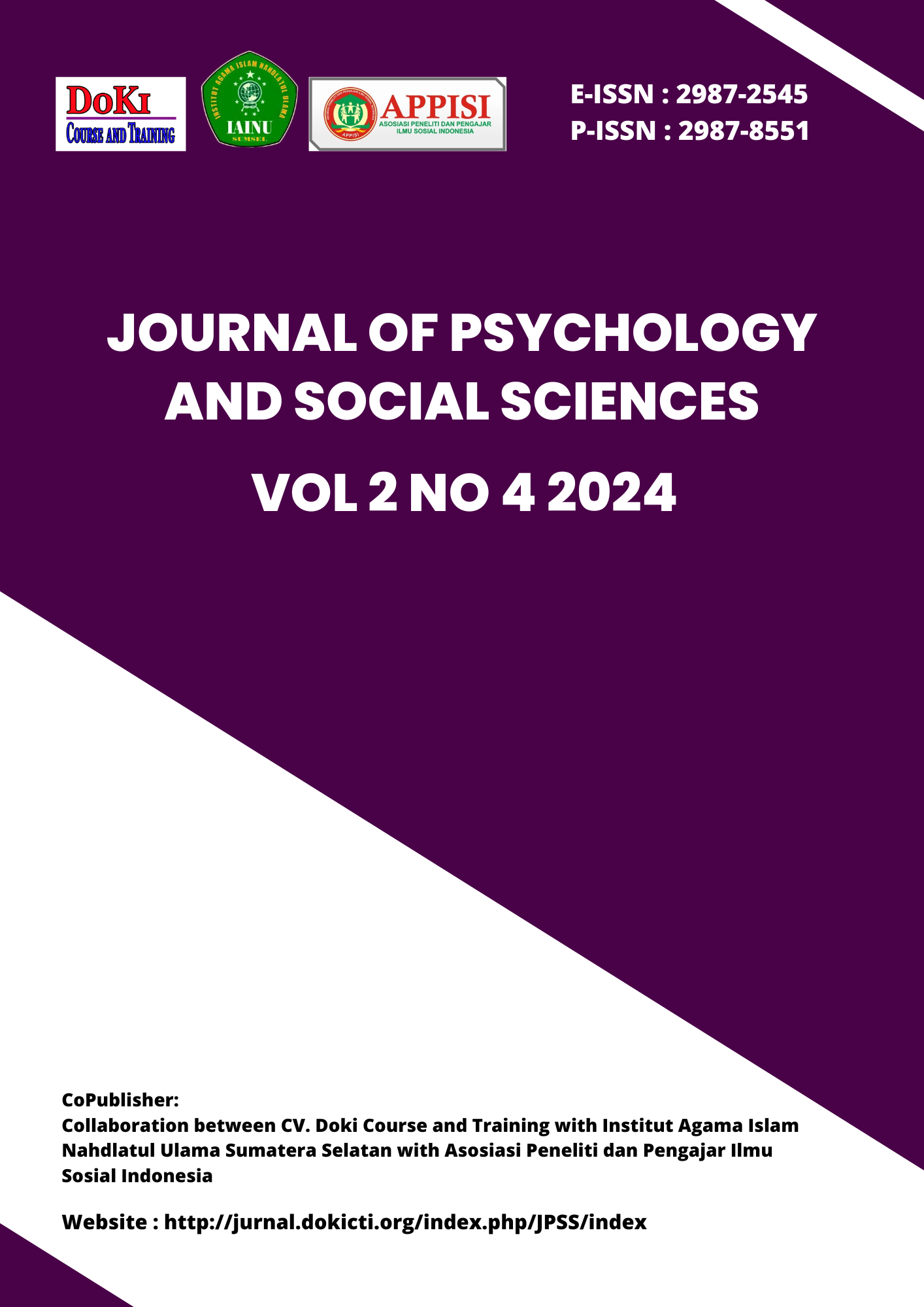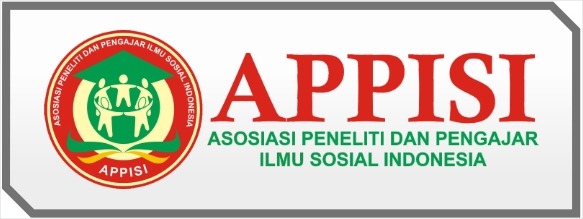The Effect of Listening To Slow-Tempo Classical Music on Reading Comprehension in Students
DOI:
https://doi.org/10.61994/jpss.v2i4.879Keywords:
Reading Comprehension , Classical Music , Listening , StudentsAbstract
Reading comprehension is a critical component of the learning process, particularly for students, as it is considered a fundamental skill that must be acquired. The current study utilizes the first movement of Beethoven's "Moonlight Sonata" as an experimental condition, given its slow-tempo properties. The primary aim of the study is to investigate the impact of slow-tempo classical music on the reading comprehension abilities of university students. A between-subject, randomized two-group design, post-test only research approach was utilized, with a total of 30 students participating in the study. The measurement of reading comprehension was conducted using the UTBK 2021 TPS test, with the experimental group taking the test while listening to Beethoven's "Moonlight Sonata," while the control group took the test without music. The study employs a two-tailed hypothesis and indicates that the Ha hypothesis is rejected. Therefore, it can be concluded that listening to classical music, specifically the "Moonlight Sonata 1st Movement" by Beethoven, does not have a significant effect on the reading comprehension abilities of students. However, it is recommended that students explore studying with and without music to determine their preferred method.
References
Aryanto, C. B., & Aditama, S. B. (2019). Benarkah musik klasik bertempo lambat mengganggu pemahaman bacaan mahasiswa?. Jurnal Ilmu Perilaku, 3(2), 72-81. https://doi.org/10.25077/jip.3.2.72-81.2019
Liu, Y., Liu, G., Wei, D., Li, Q., Yuan, G., Wu, S., Wang, G., & Zhao, X. (2018). Effects of musical tempo on musicians’ and non-musicians’ emotional experience when listening to music. Frontiers in Psychology, 9. https://doi.org/10.3389/fpsyg.2018.02118
Pramono, H., Gunadi, J. W., Adhika, O. A., Limyati, Y., Gisela, H., & Dewi, V. C. (2019). The effect of classical and jazz background-music on concentration and reading comprehension in young adult women. Journal of Medicine and Health, 2(4). https://doi.org/10.28932/jmh.v2i4.1826
Roffiq, A., Qiram, I., & Rubiono, G. (2017). Media Musik Dan Lagu Pada proses Pembelajaran. JPDI (Jurnal Pendidikan Dasar Indonesia), 2(2), 35-40. https://doi.org/10.26737/jpdi.v2i2.330
Seniati, L., Yulianto, A., & Setiadi, B. N. (2020). Psikologi Eksperimen. PT Indeks.
Suharyanto, A. (2017). Sejarah Lembaga pendidikan Musik Klasik non formal di kota Medan. Gondang: Jurnal Seni Dan Budaya, 1(1), 6-11. https://doi.org/10.24114/gondang.v1i1.5967
Sumartini, N. P. (2020). Terapi Musik Klasik Memiliki Pengaruh terhadap perkembangan kognitif anak retardasi mental di Sekolah Luar Biasa (SLB) Negeri Pembina mataram. Midwifery Journal: Jurnal Kebidanan UM. Mataram, 5(2), 123-129. https://doi.org/10.31764/mj.v5i2.1183
Tarchi, C. (2017). Comprehending expository texts: The role of cognitive and motivational factors. Reading Psychology, 27(3), 600–619. https://doi.org/10.1080/02702711.2016.1245229
Widijanto, M. A., Ilma, L., Aprildhy, S. K., Safinatunnajah, K., & Jatnika, R. (2022). Pengaruh latar belakang musik lo-fi terhadap reading comprehension mahasiswa. Journal of Psychological Science and Profession, 6(2), 153–163. https://doi.org/10.24198/jpsp.v6i2.37655
Downloads
Published
Issue
Section
License
Copyright (c) 2025 Nadillah Aprilyani, Ahmad Arfandi, Ajeng Mutiara Anggita

This work is licensed under a Creative Commons Attribution-ShareAlike 4.0 International License.














